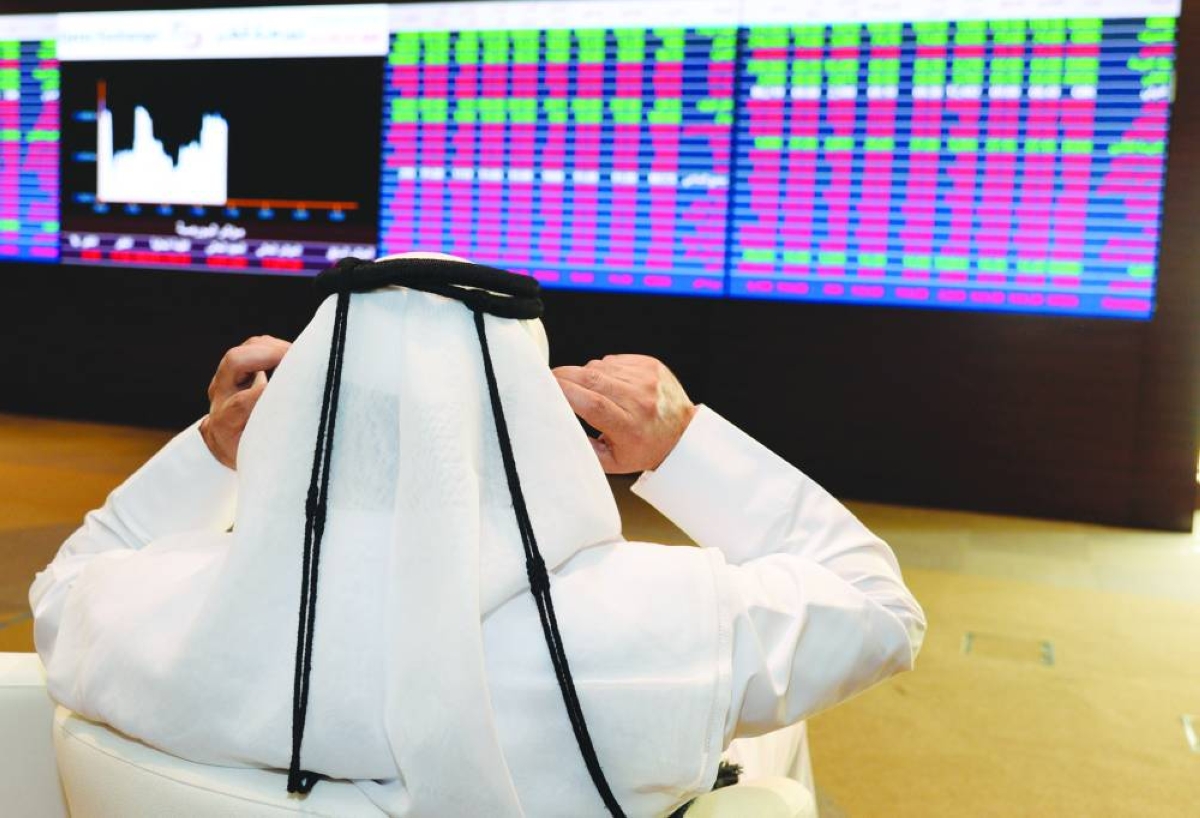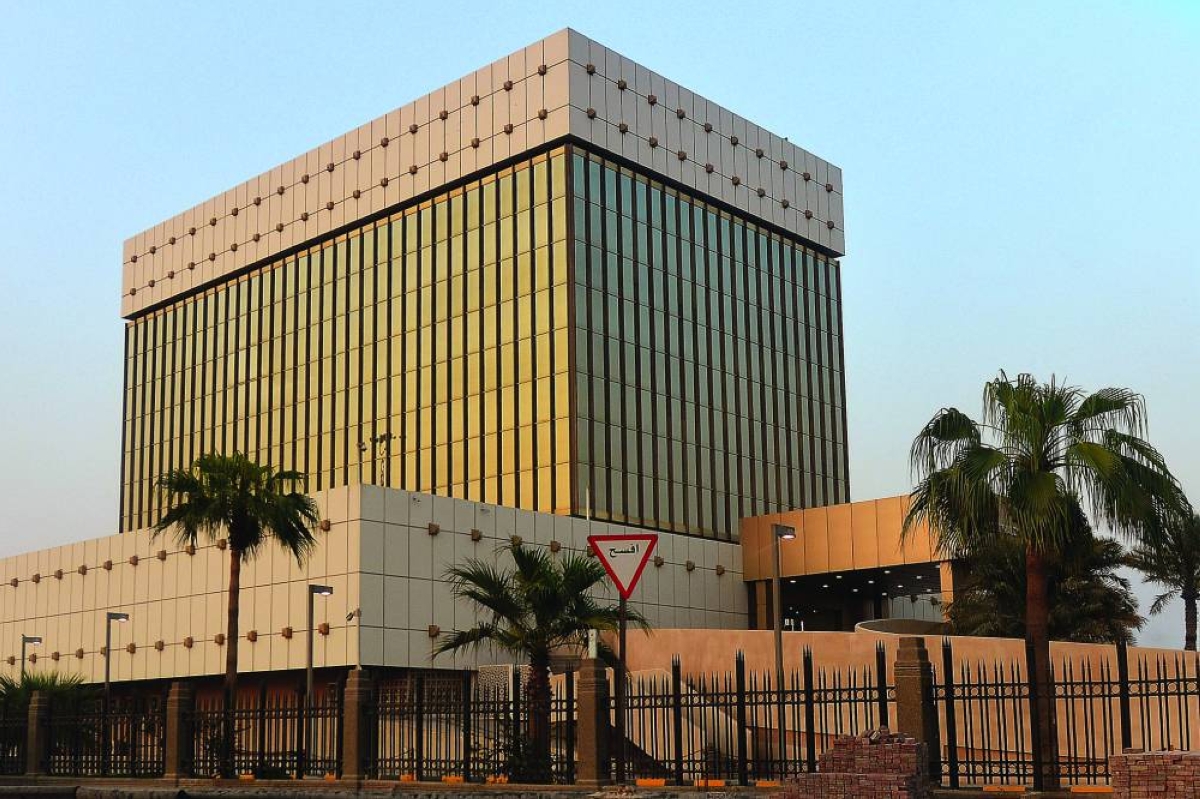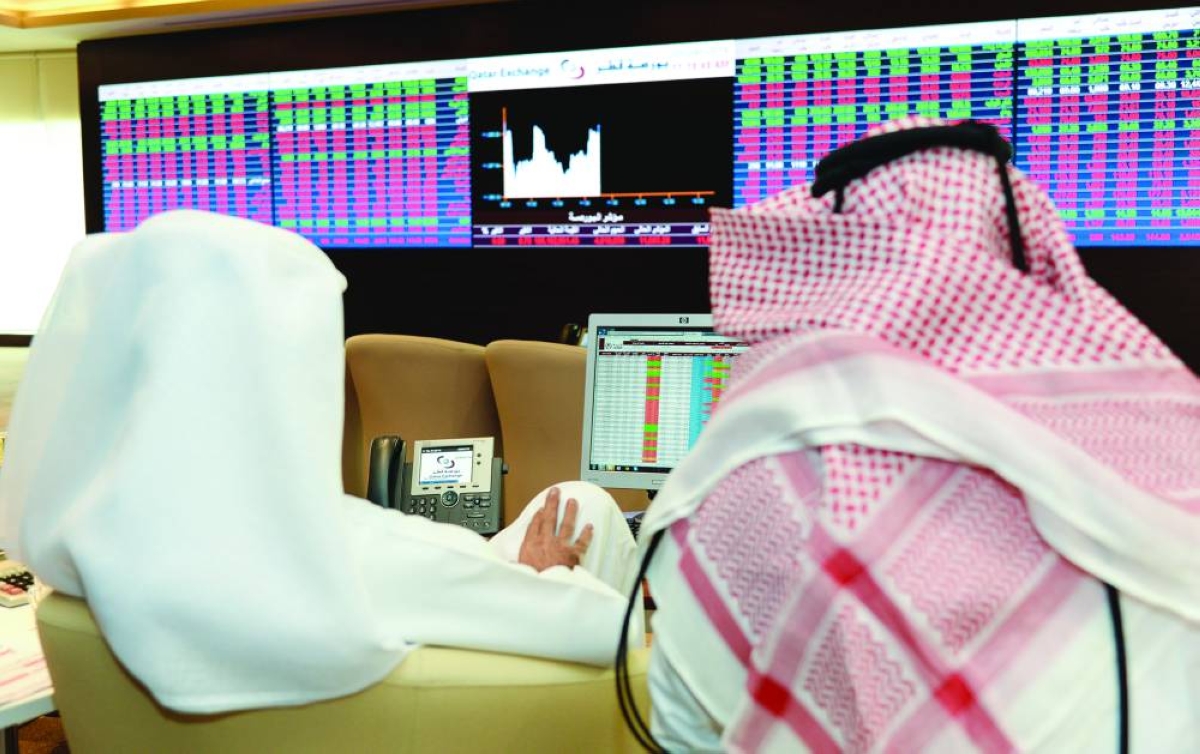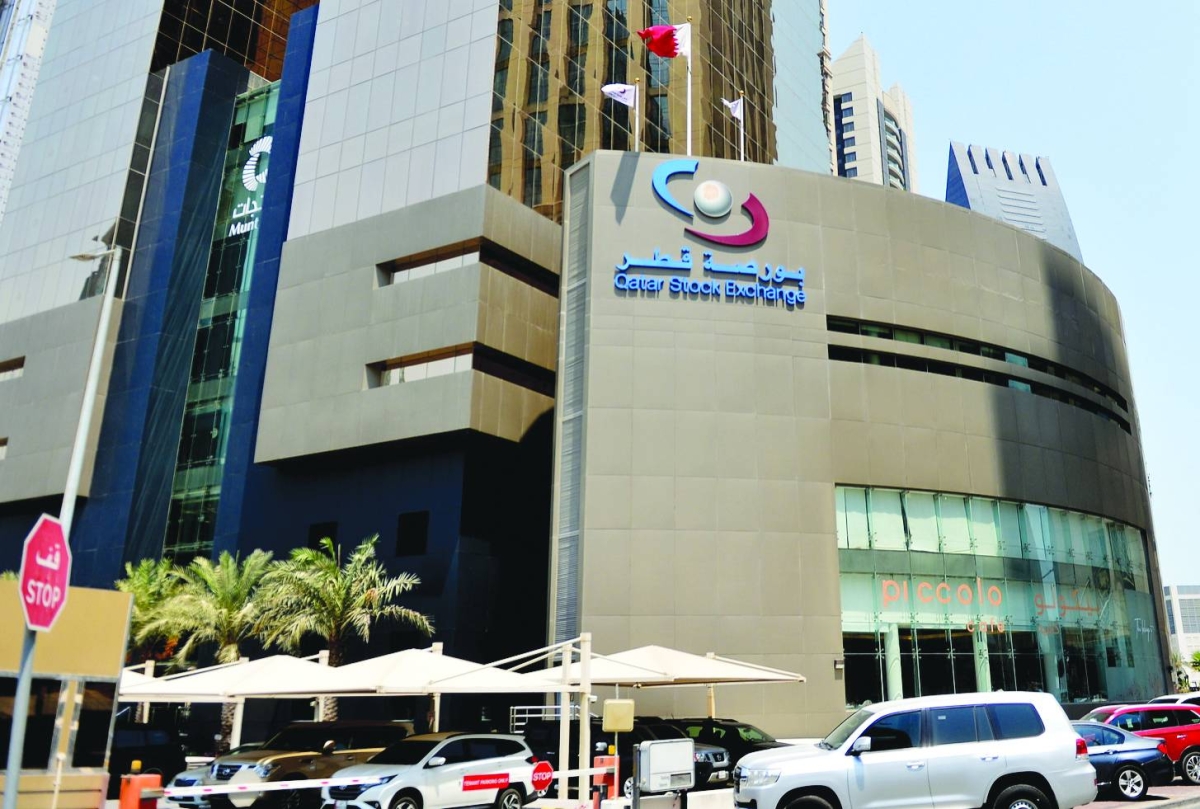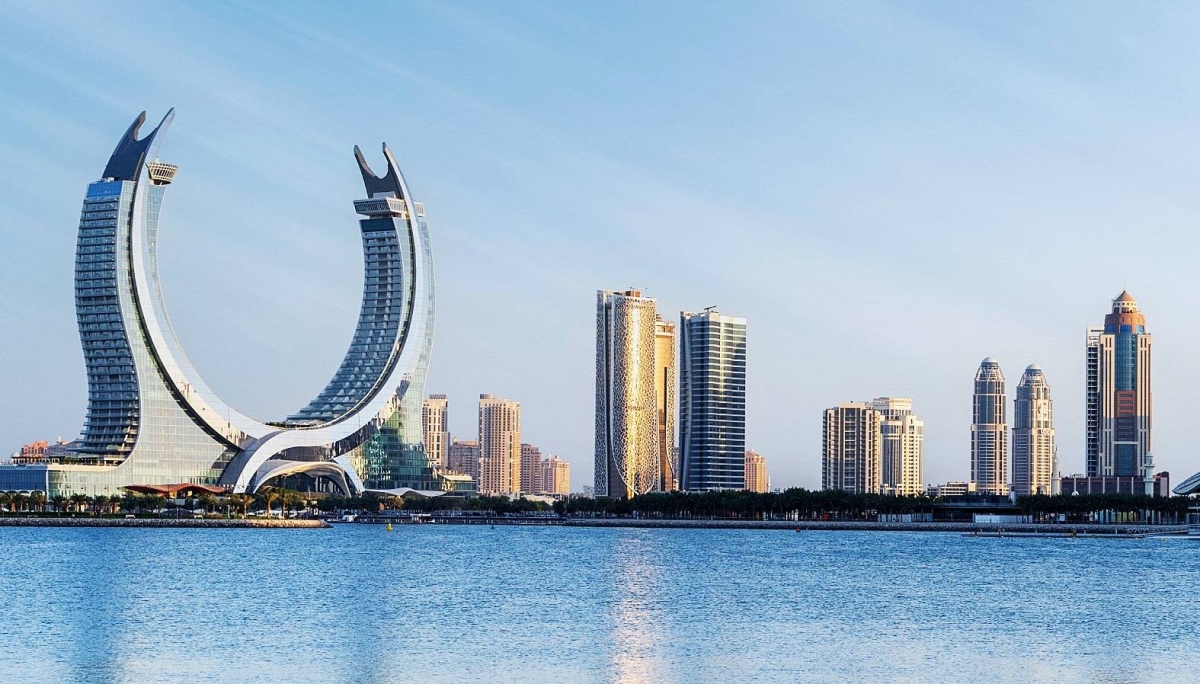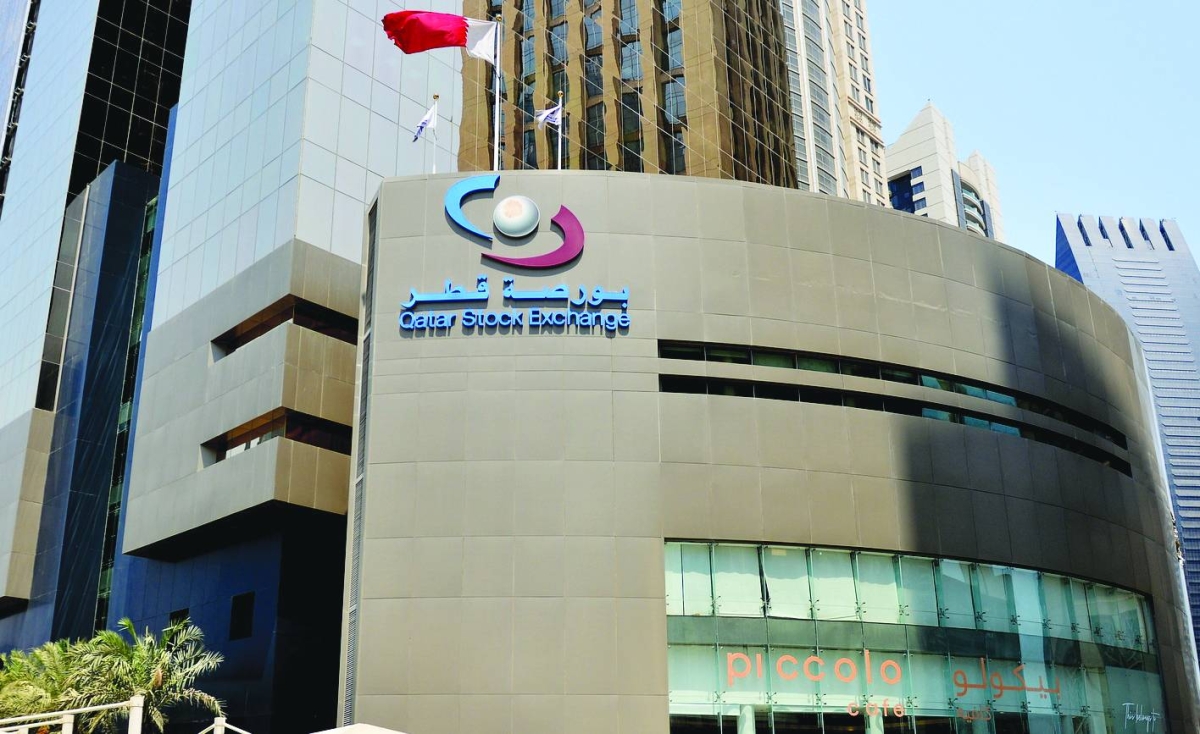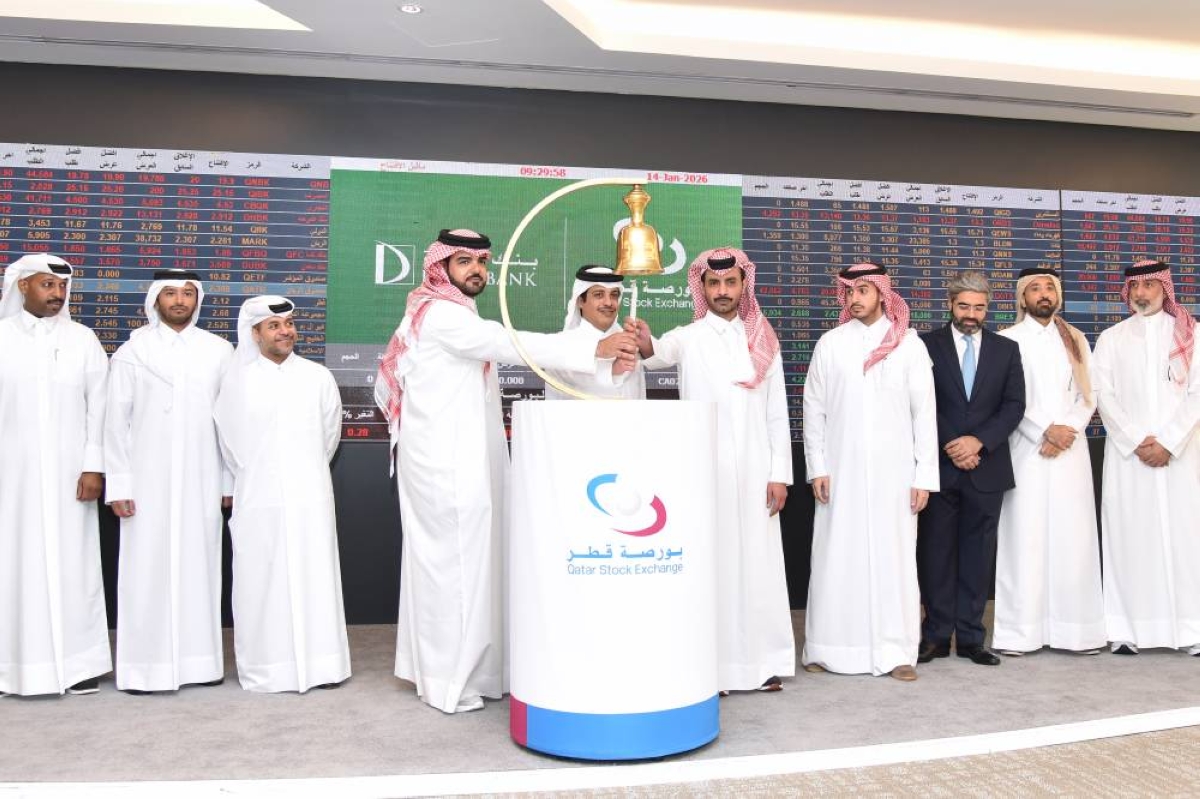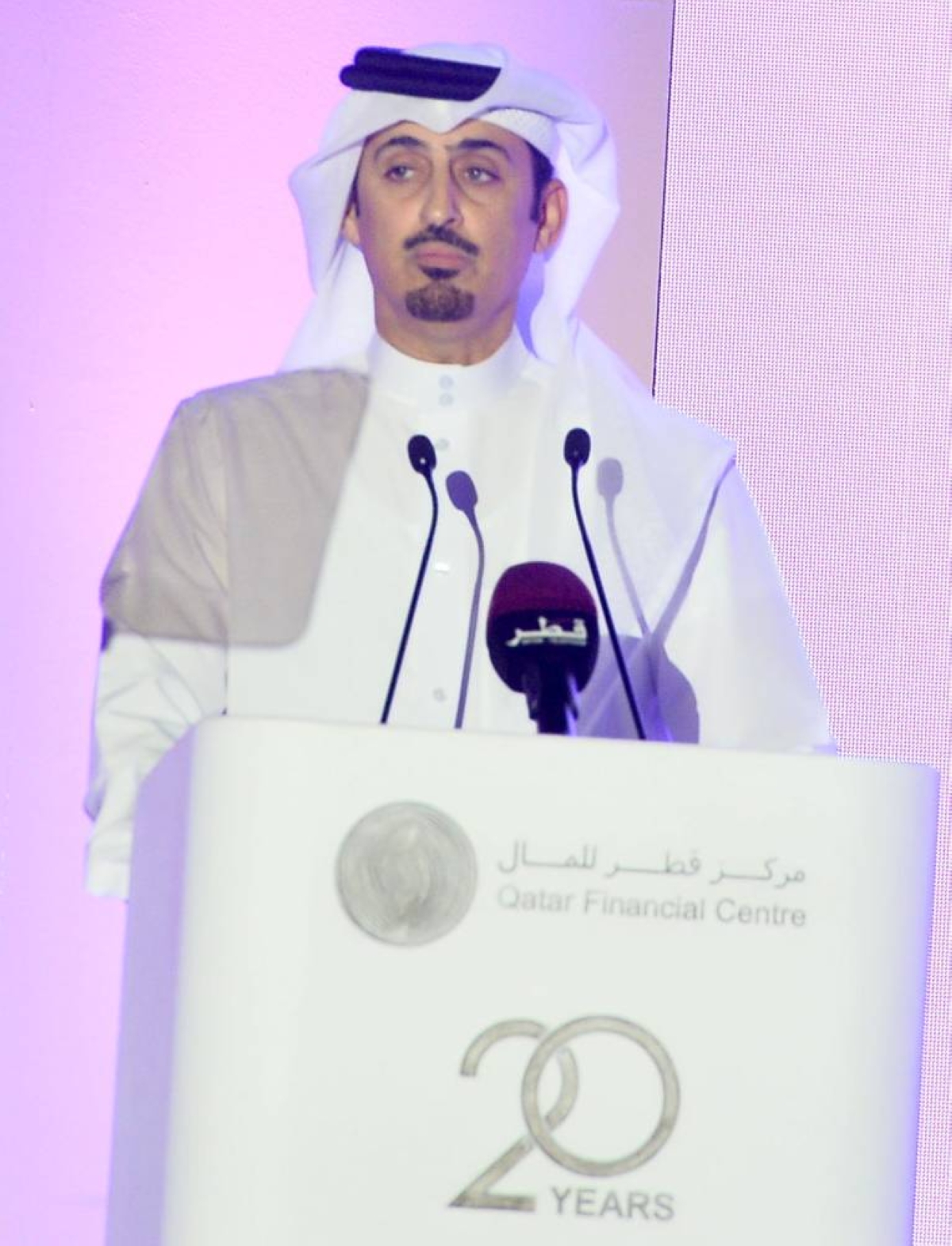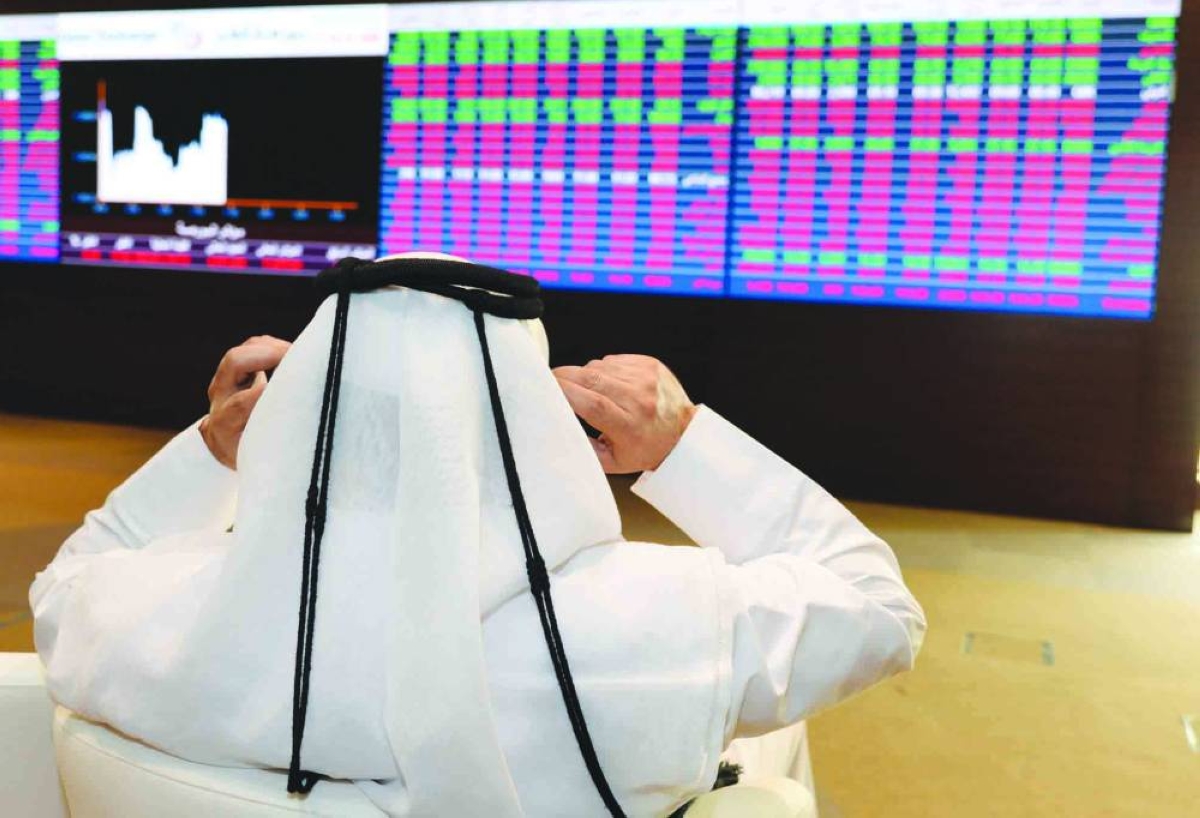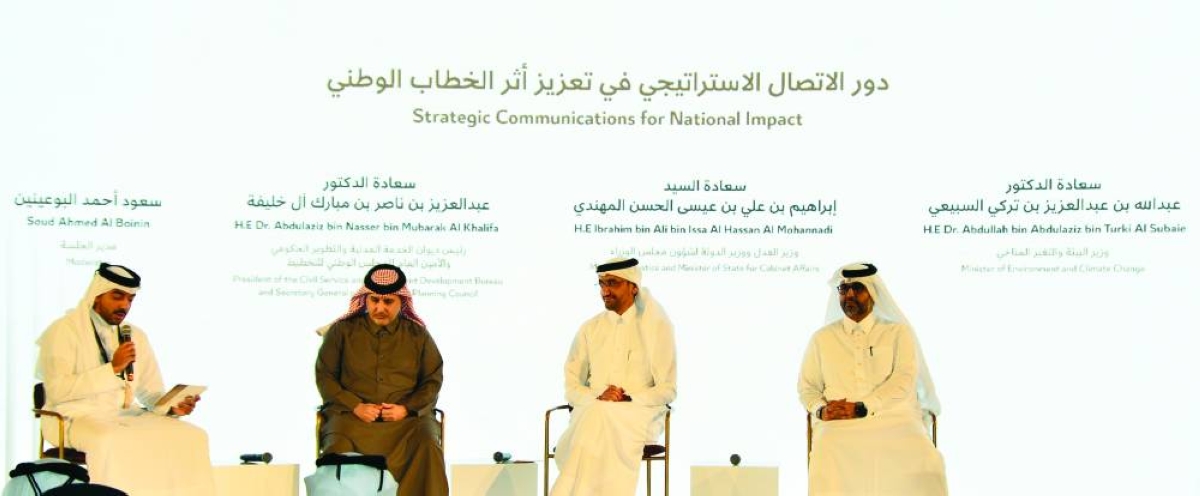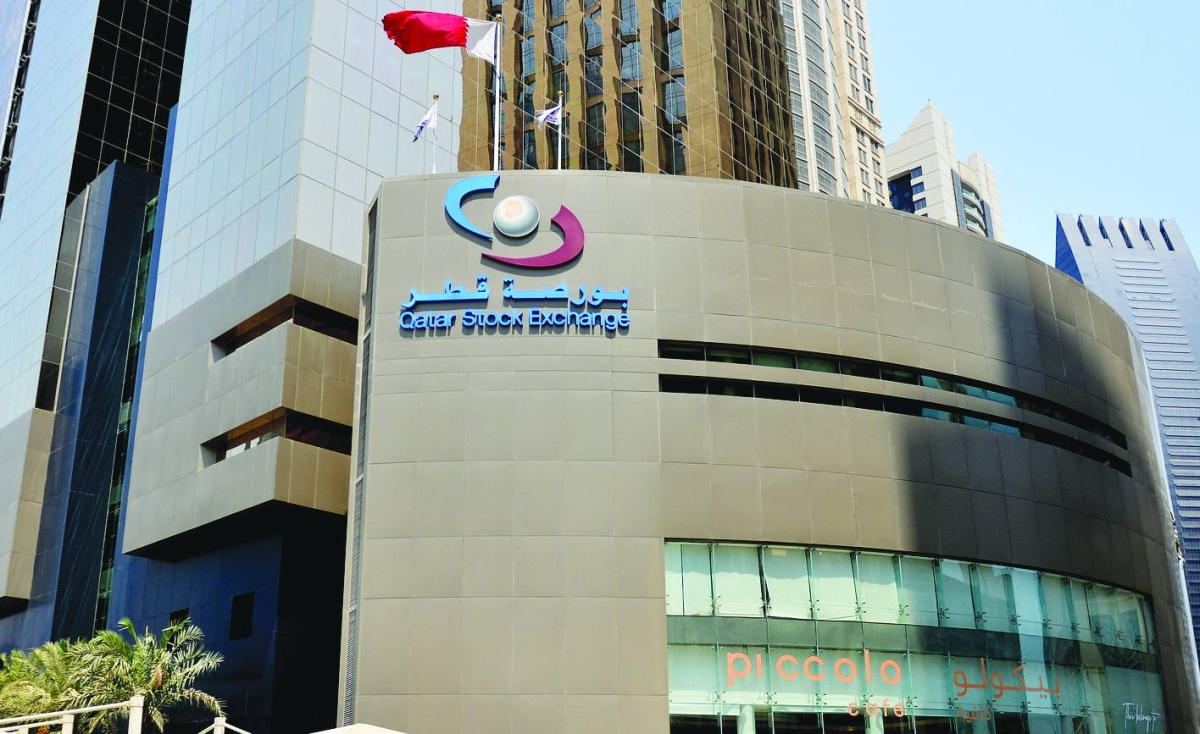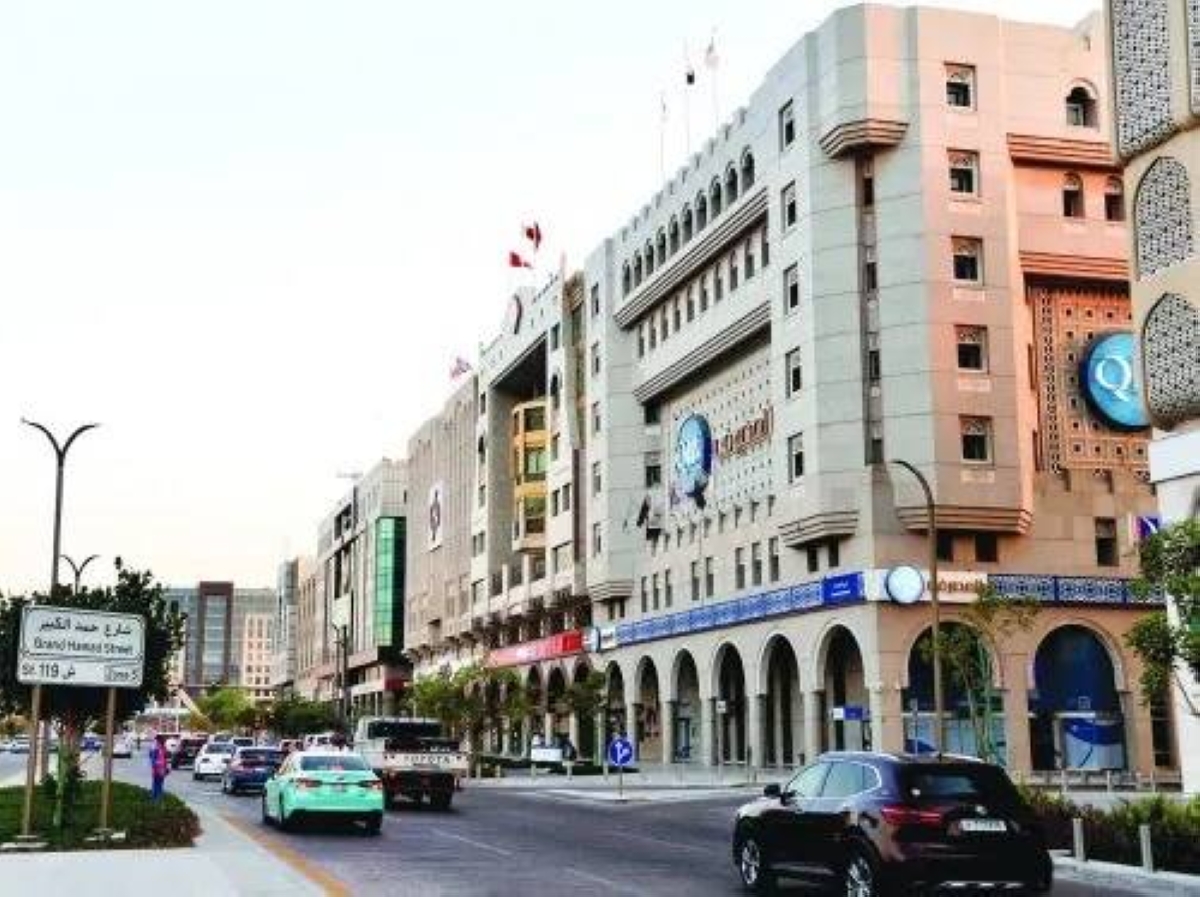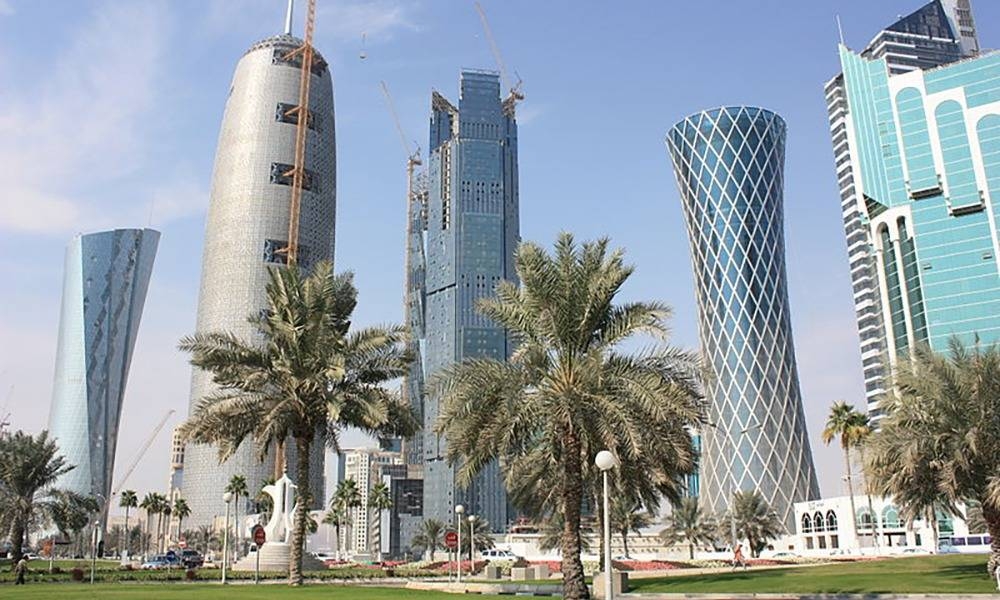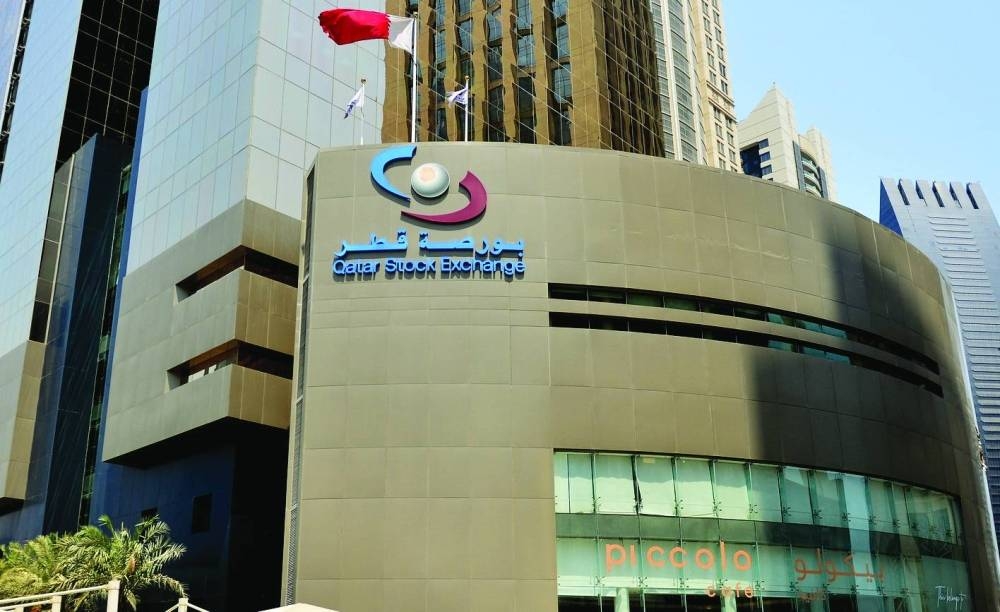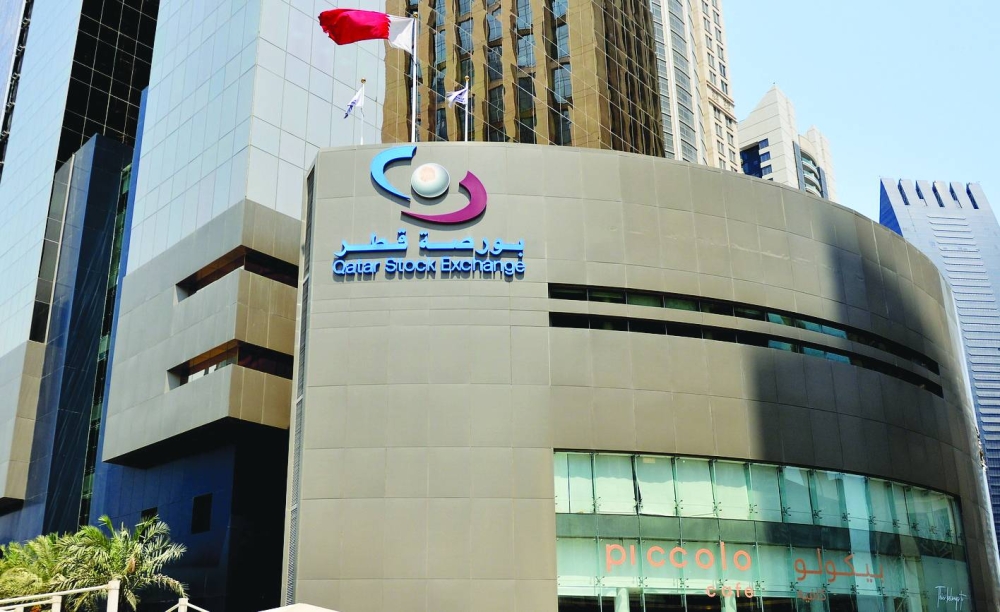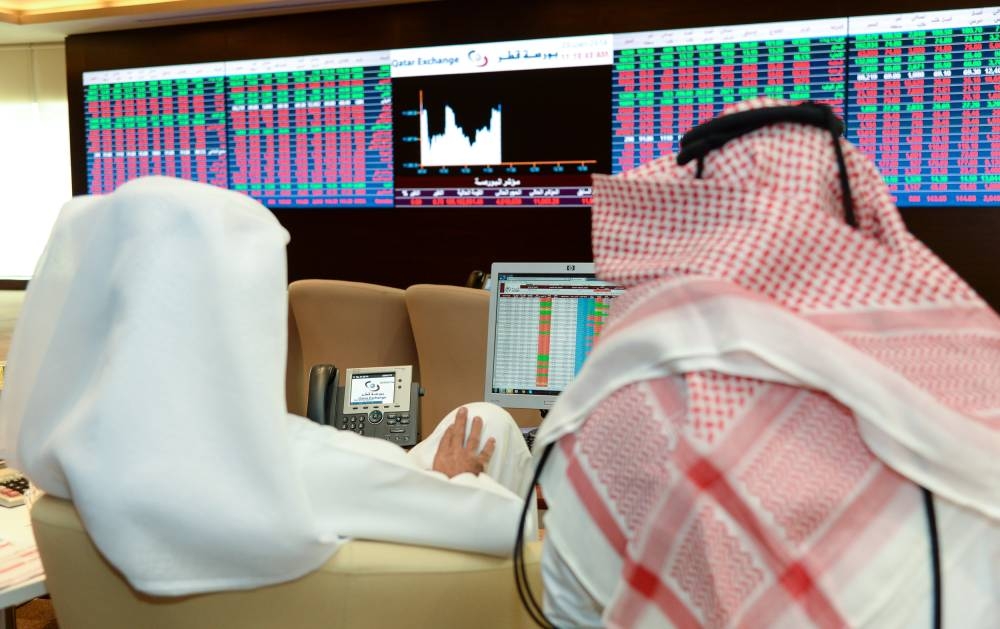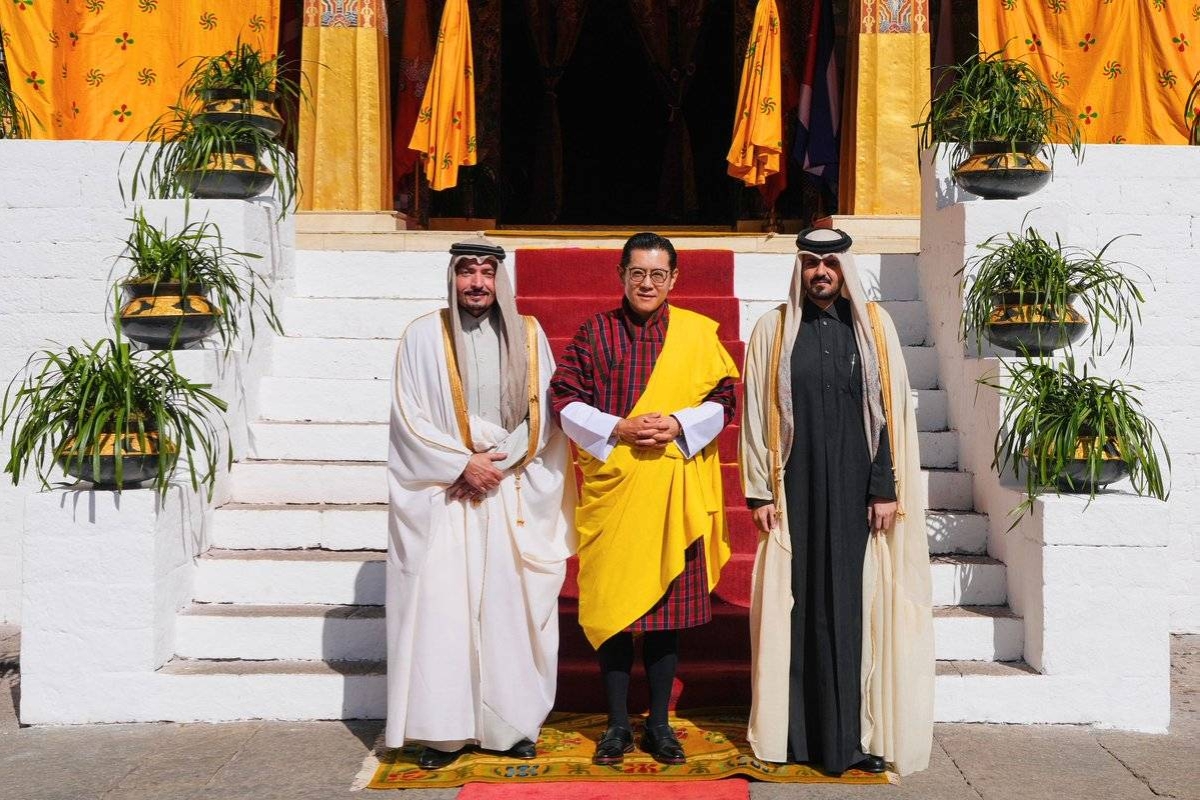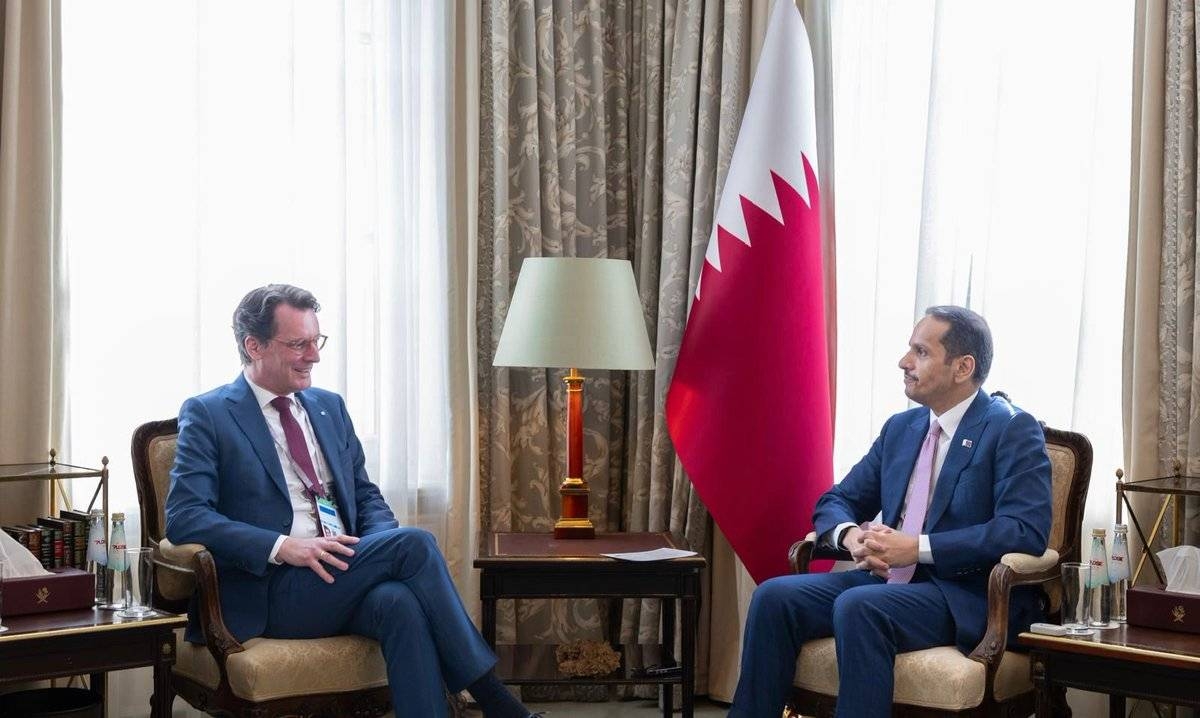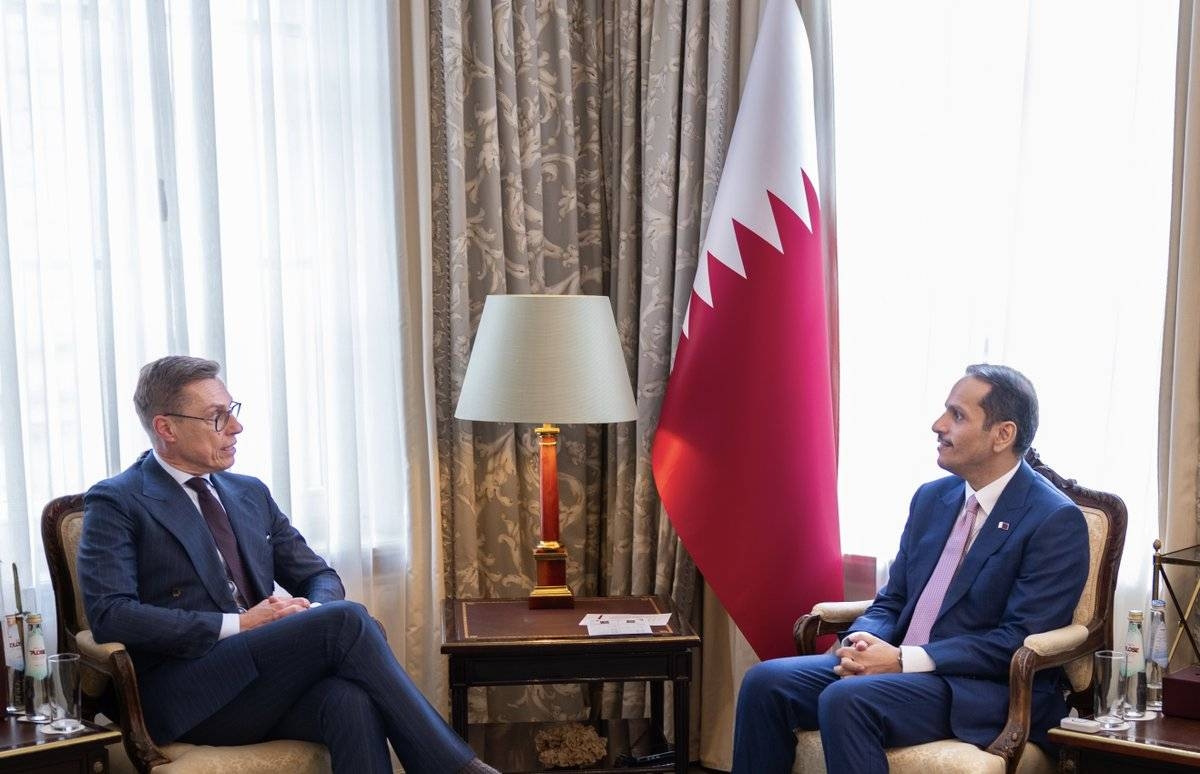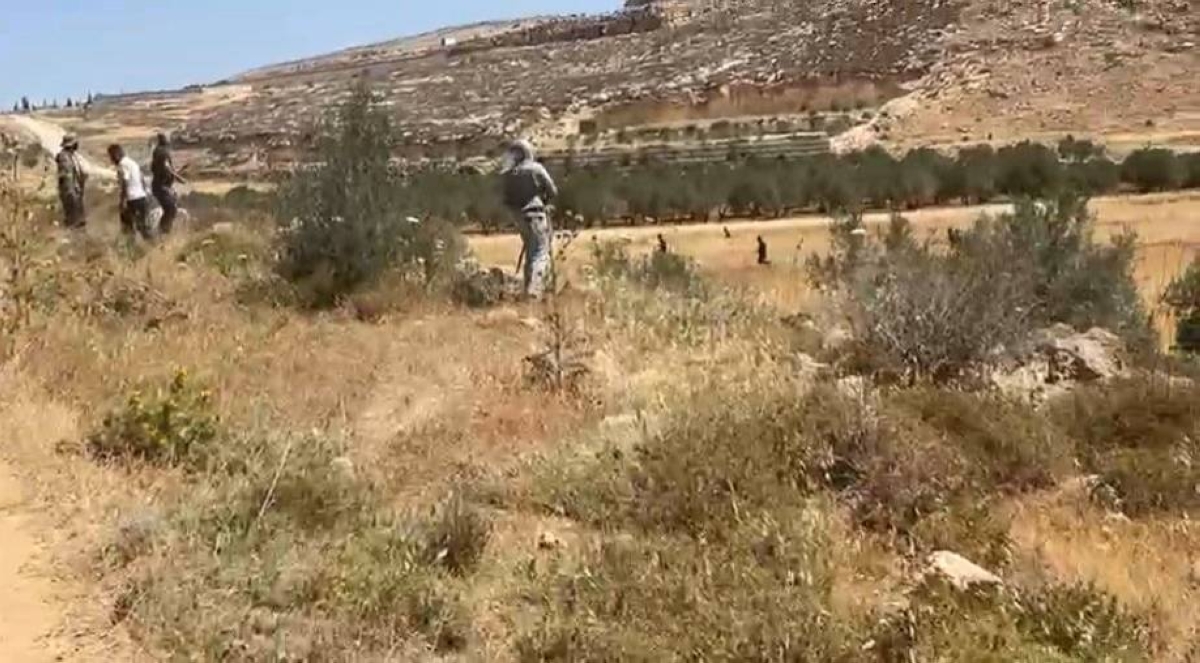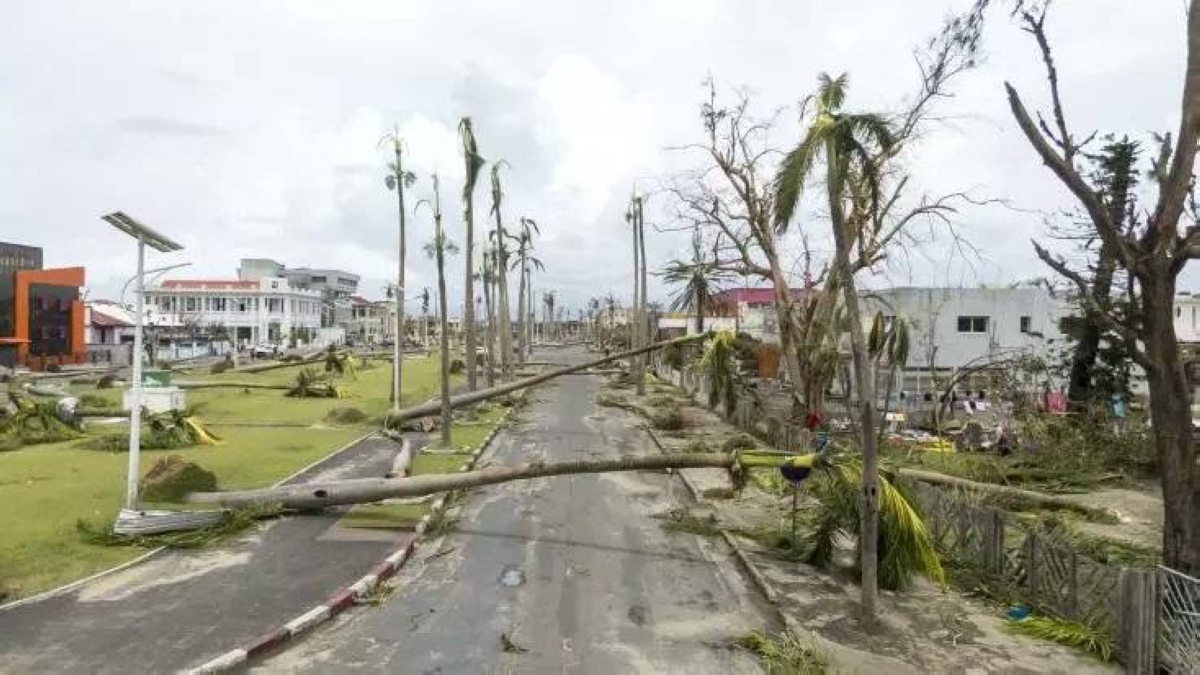The Qatar Stock Exchange (QSE) Tuesday gained more than 15 points on buying interests at the telecom, industrials, transport, consumer goods and insurance counters.The Arab individuals were seen net buyers as the 20-stock Qatar Index rose 0.14% to 11,220.22 points, recovering from an intraday low of 11,190 points.The domestic institutions’ weakened net selling had its influence on the main market, whose year-to-date gains improved further to 4.25%.About 57% of the traded constituents extended gains to investors in the main bourse, whose capitalisation added QR0.77bn or 0.11% to QR672.17bn mainly on microcap segments.The foreign institutions continued to be bullish but with lesser intensity in the main bourse, whose trade turnover and volumes were on the increase.The Islamic index was seen outperforming the other indices of the main market, which saw as many as 0.02mn exchange traded funds (sponsored by AlRayan Bank and Doha Bank) valued at QR0.08mn trade across 11 deals.The Gulf funds continued to be net buyers but with lesser vigour in the main bourse, which saw as many as 100 sovereign bonds valued at QR1.01mn change hands across one transaction.The local retail investors were increasingly net profit takers in the main market, which saw no trading of treasury bills.The Total Return Index gained 0.14%, the All Share Index by 0.06% and the All Islamic Index by 0.41% in the main bourse.The telecom sector index rose 0.98%, industrials (0.95%), transport (0.5%), consumer goods and services (0.36%), insurance (0.29%) and real estate (0.06%); while banks and financial services declined 0.44%.As many as 30 gained, while 19 declined and four were unchanged.Major movers in the main market included Beema, Qamco, Gulf International Services, Widam Food, Industries Qatar, Meeza, Qatari Investors Group, Ooredoo and Nakilat.In the junior bourse, Techno Q saw its shares appreciate in value.Nevertheless, Mosanada Facilities Management, Doha Bank, QLM, QIIB and Alijarah Holding were among the shakers in the main market.The Arab retail investors turned net buyers to the tune of QR4.94mn compared with net sellers of QR5.16mn on January 19.The domestic institutions’ net selling decreased substantially to QR5.9mn against QR34.72mn the previous day.The foreign individual investors’ net profit booking fell noticeably to QR0.93mn compared to QR4.06mn on Monday.The Gulf retail investors’ net selling weakened marginally to QR0.02mn against QR0.98mn on January 19.However, the Qatari individuals’ net selling strengthened markedly to QR25.81mn compared to QR17.79mn the previous day.The Arab institutions were net profit takers to the tune of QR0.6mn against no major net exposure on Monday.The foreign institutions’ net buying decreased significantly to QR20.8mn compared to QR43.17mn on January 19.The Gulf institutions’ net buying shrank considerably to QR7.54mn against QR19.55mn the previous day.The main market saw an 11% jump in trade volumes to 141.91mn shares, 30% in value to QR431.72mn and 7% in deals to 23,126.In the venture market, a total of 6,191 equities valued at QR0.01mn changed hands across five transactions.

Most Read Stories

